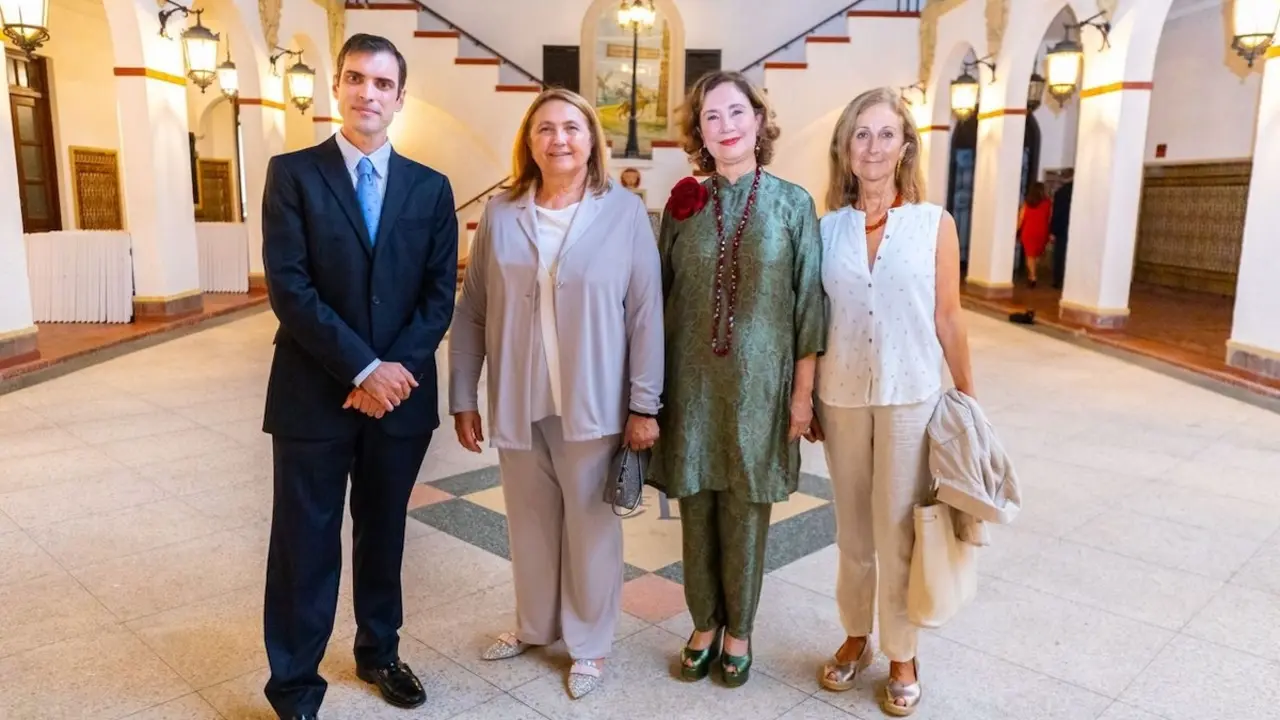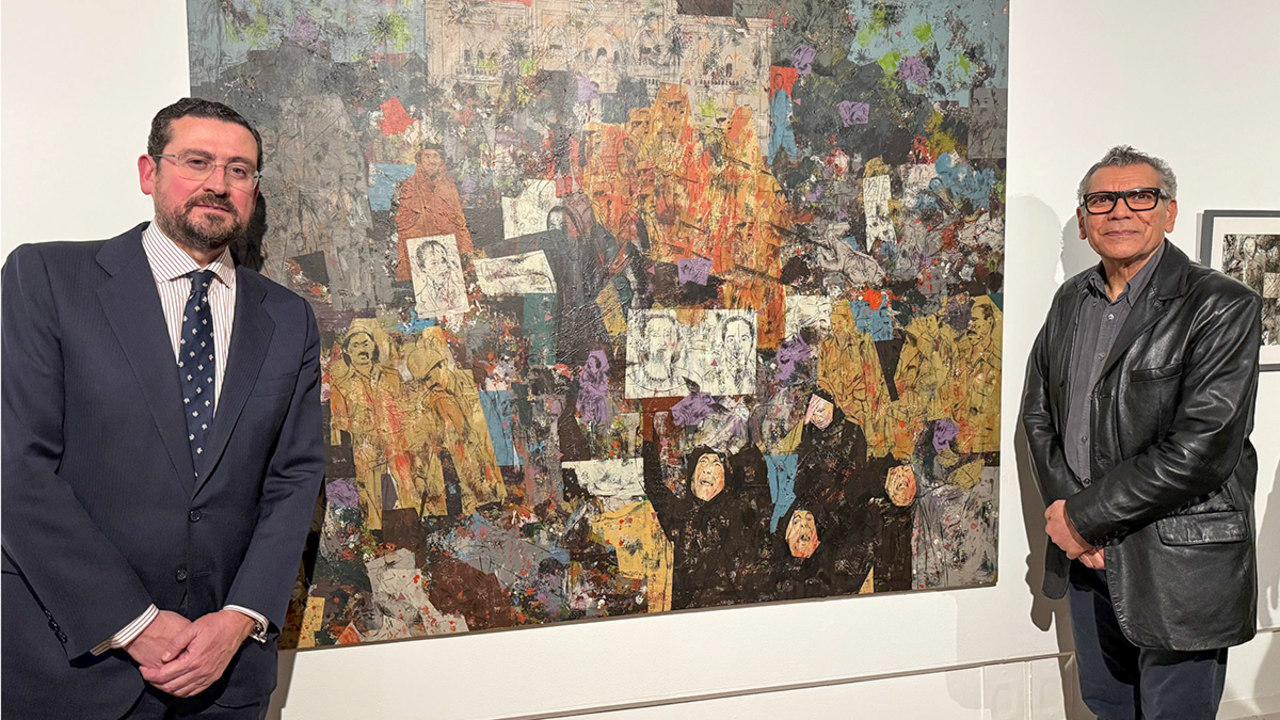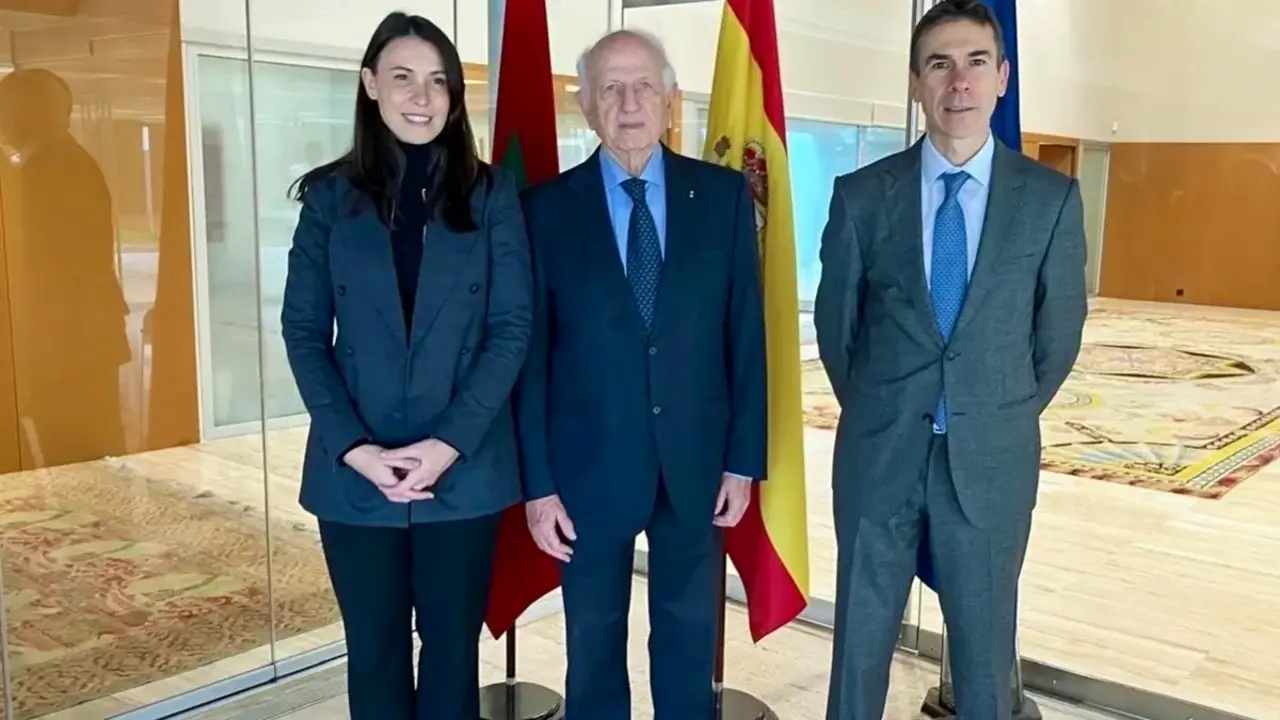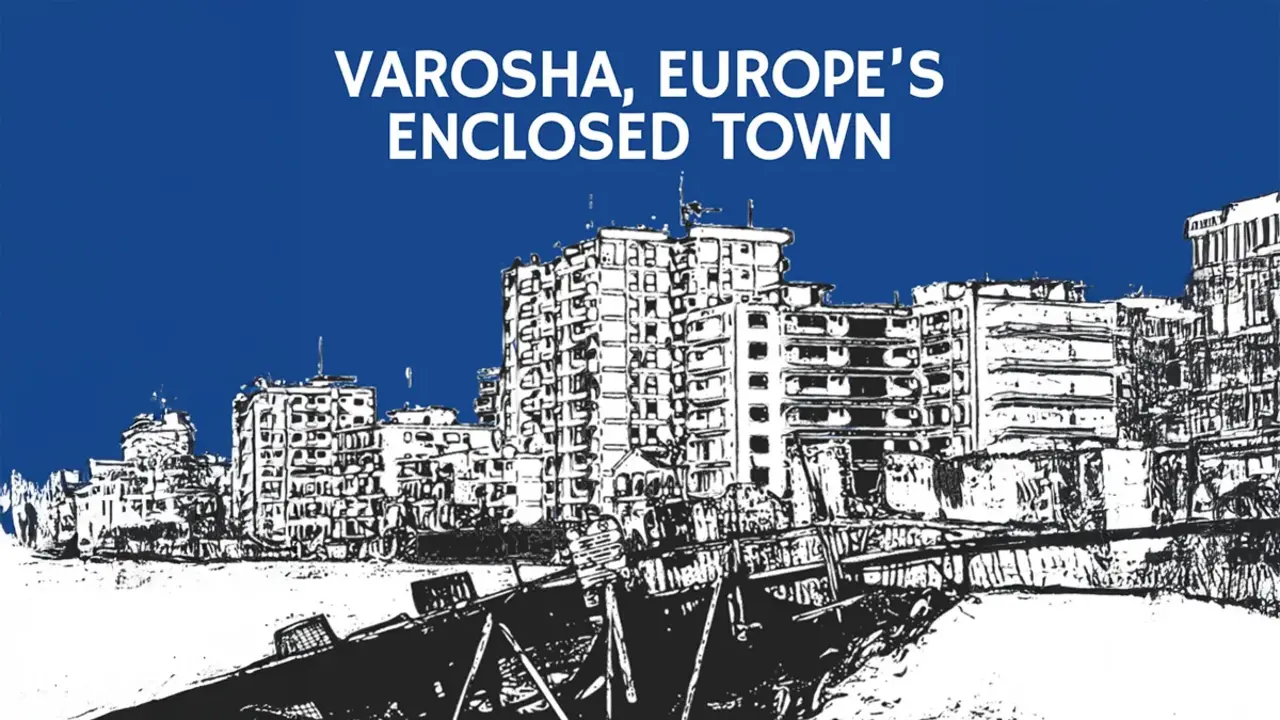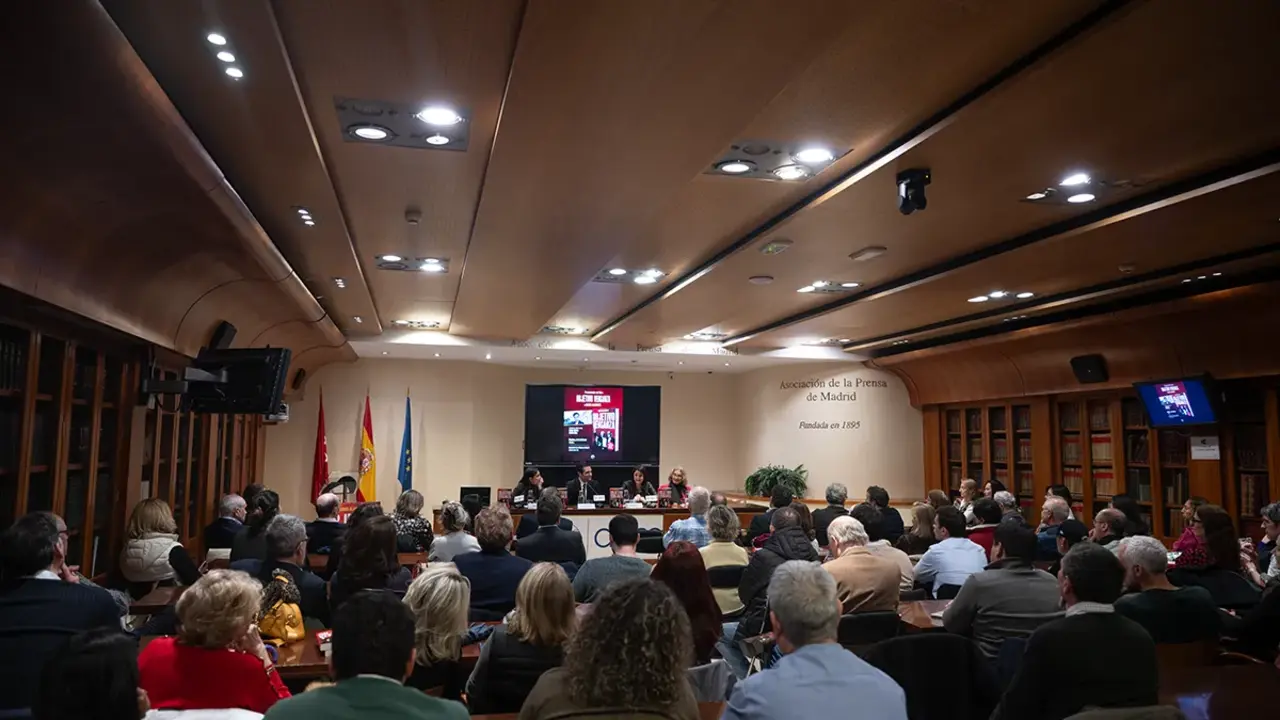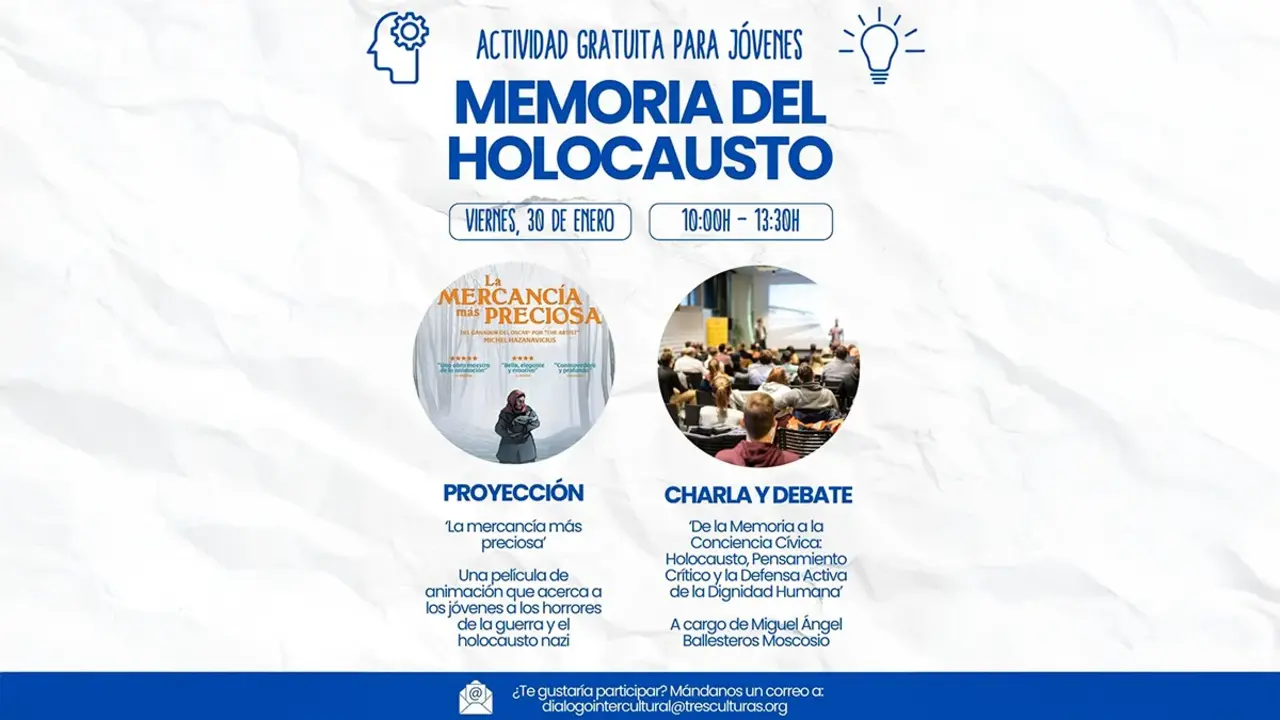The Three Cultures Foundation offers the Al-Andalus Chair in 'Hispanic-Hebrew Literature'
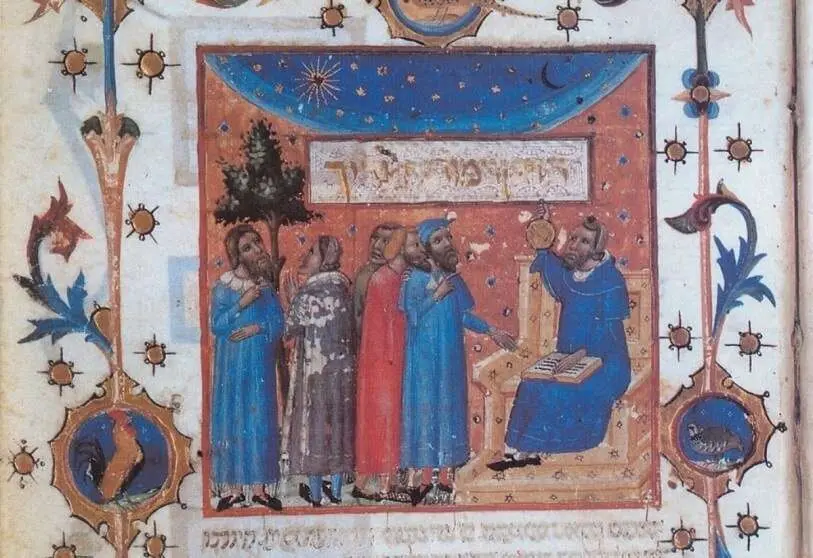
The idea of medieval Spain as a place of coexistence of the so-called religions of the book - Judaism, Christianity and Islam - has endured to the present day, becoming a powerful symbol of the country's history beyond its borders. The persistence of this image is demonstrated by the vitality of the debate on the possible myths and stereotypes surrounding the very concept of coexistence and the proliferation of research and articles that attempt to draw a more accurate approximation to the historical background. Beyond the unquestionable interest of this debate, the heritage, architectural, cultural and linguistic reality of present-day Spain is undoubtedly the clearest proof of the depth of the mark left by the Islamic and Jewish cultures in our country.
However, knowledge of the legacy of these cultures often does not reach beyond the academic spheres of universities, despite the growing interest on the part of society in learning about and delving deeper into this field. Proof of this is the good reception of the series on 'The arts of Islamic Spain. Legacy, transcendence, current affairs', which the Three Cultures Foundation organised during the first half of 2021 with the aim of bringing the variety and richness of Andalusian heritage, as well as the latest discoveries and debates on the subject, to a wide audience.
Guided by the positive response to this initiative and with the aim of continuing our work in the field of disseminating our historical past, Three Cultures will dedicate the first semester of the Al-Andalus Chair in the new year to the series 'The Jewish legacy in Spanish culture'. Although it is not possible to date the origins of the presence of the Jews in the Iberian Peninsula by means of archaeological or documentary remains, scholars place it even some centuries before the Christian era, although it was not until the establishment of Al-Andalus and, especially, during the 12th and 13th centuries, when what has been defined as the zenith of Jewish cultural production in many areas was reached, with the appearance of figures such as Solomon Ibn Gabirol or Hasday ibn Shaprut, considered classics in the entire Jewish world. The contribution of the great Jewish intellectuals and authors who lived in Al-Andalus and in the later Christian kingdoms had an important impact both on Western European culture and on the rest of the Mediterranean.
The series 'The Jewish legacy in Spanish culture' will cover different aspects of the Jewish imprint in our country, from the material heritage preserved in our museums to artistic and literary creation, as well as the contributions of Hispano-Jewish and Sephardic culture to science, philosophy and customs. Finally, the Sephardic cultural heritage in the Maghreb, with special attention to Morocco, and in Europe will be analysed.
The lectures are aimed at a general audience, as well as a specialised public, in order to serve as an introduction to a little-known field or as a starting point for a more in-depth study.
The series is made up of six lectures, which will be given by some of the most prestigious specialists in Spanish-Jewish and Sephardic culture in our country.
The third session of the year, entitled 'Hispanic-Hebrew Literature', will take place on Thursday 24 March 2022 at 19.00.
The conference will be given by Guadalupe Seijas de los Ríos-Zarzosa, lecturer in the Department of Hebrew and Aramaic Studies at the Complutense University of Madrid.

